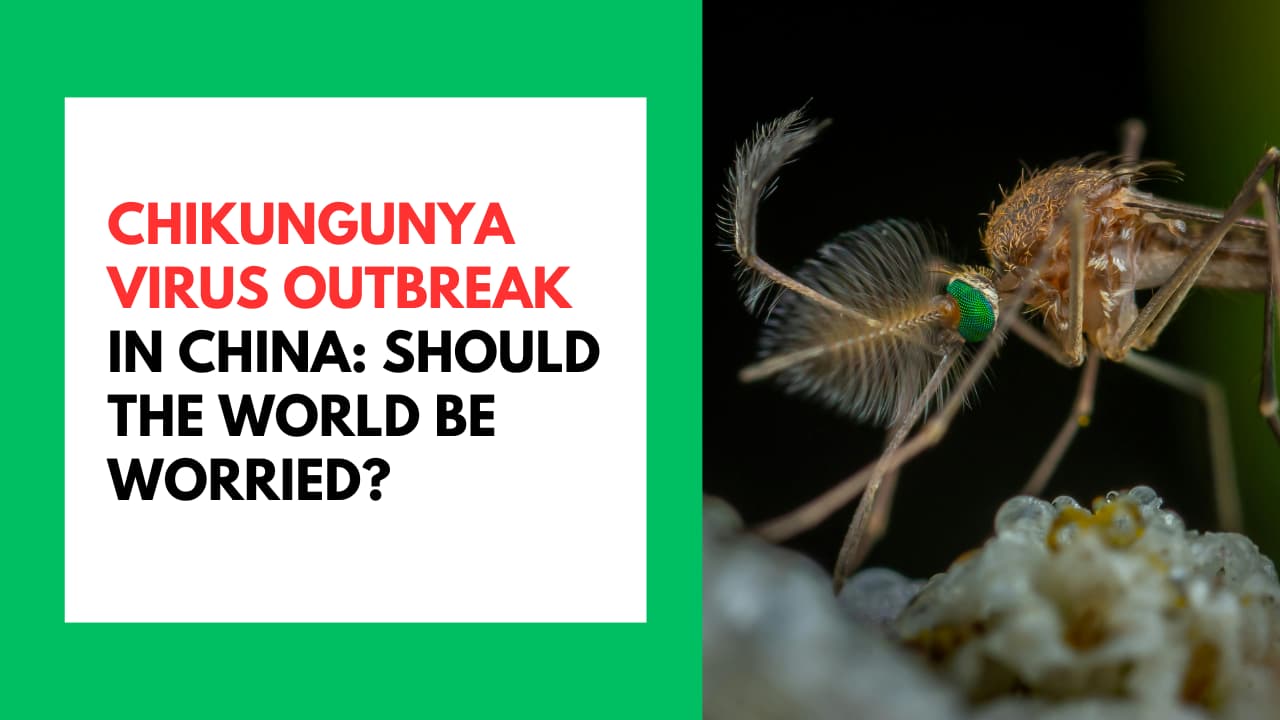In a year already marked by health challenges, the recent outbreak of the Chikungunya virus in parts of China has started making headlines and for good reason. For a virus mostly associated with tropical and subtropical regions, its appearance and spread in China is both unusual and concerning.
Local health authorities have confirmed dozens of cases in southern provinces, particularly in regions where summer heat and humidity are intensifying. The virus, which is transmitted by Aedes mosquitoes, causes symptoms like high fever, joint pain, fatigue, and rashes. While rarely fatal, it can leave sufferers debilitated for weeks, even months.
So why is this happening now?
Experts point to a mix of factors: rising temperatures linked to climate change, rapid urbanization, and an increase in domestic and international travel. These conditions make it easier for mosquitoes to breed and for viruses to jump between regions and populations.
What’s most concerning isn’t just the outbreak itself, it’s the bigger picture. Chikungunya doesn’t spread directly from person to person, but the mosquitoes that carry it are now showing up in areas where they previously didn’t exist. That means outbreaks like this could soon become more common in places that aren’t prepared for them.
How Prepared Are We?
This outbreak raises a difficult question for governments and public health agencies around the world: are we ready for a wider spread of mosquito-borne diseases?
In many regions, especially those not traditionally affected, awareness is low and healthcare systems may not have the diagnostic tools or treatment protocols in place. There’s no widely available vaccine for Chikungunya yet, and prevention relies heavily on controlling mosquito populations—something that takes coordinated effort, funding, and long-term planning.
A Warning, Not a Crisis – Yet
For the rest of the world, this isn’t a call to panic, but it is a wake-up call. Countries outside typical mosquito zones, including parts of Europe and North America, need to start thinking seriously about vector-borne disease prevention.
The situation in China may be localized for now, but it’s a reminder that diseases don’t need passports, just the right conditions to thrive.

